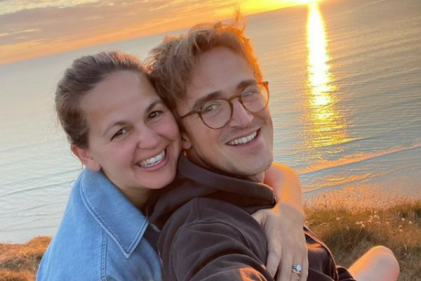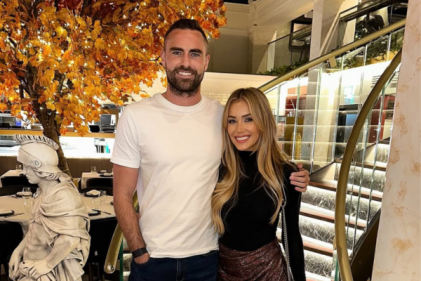Tracey-Jane Cassidy set up Junior Einstein's Science club for children a few years ago We caught up with her about her motivation and how she manages a successful company as well as three small children.
1. What was your first job?
When I was 13 I asked my parents to start giving me pocket money for doing chores around the house. My parents told me that doing chores was what children in a family did without pay and promptly suggested I get a paper route. I delivered newspapers in all weather for cash. It taught me commitment and responsibility at an early age as well as the need for a good raincoat!
2. How did your career path lead you to Junior Einsteins Science Club?
I have an MA in Natural Science from Trinity College in Dublin and an MSc in Medicinal Microbiology so I knew I would always do something in the field. When I had three very small children I, unfortunately, was left alone as a single mother. I had to think of something I could do that worked around raising a one, two and four-year-old. I realised there wasn't enough hands-on science in schools. I began by putting together scripts and boxes of wonderful fun experiments for young children. I started in one of two local schools, now we are nationwide and have expanded into many areas of science communication including after-school clubs, events and children's birthday parties.
3. What's the biggest challenge you faced setting up your own business?
Actually, we have been embraced and encouraged at every turn. Schools, parents and children are keen to have after-school science clubs at their schools. The challenge is to take a break from creating the fun experiments and learn all the more boring administration parts of running a small business. Childcare is also a massive challenge.
4. Who inspires you?
I am surrounded by inspiration seeing all of the working mums out there doing their very best and juggling constantly. All of my siblings are entrepreneurs, as were my parents. My four siblings, two sisters included, are a great support knowing exactly the pressures and challenges of being your own boss. The buck stops with you -no excuses and that can be hard. None of us know what family or personal battles and business challenges any of us face on a daily basis. The economic tough times have brought some positive outcomes. Many of us were forced to use our creativity to survive. This bravery has great stresses and great rewards. At least we tried and will keep trying.
5. How do you sustain a work-life balance?
I don't! Balance is something I strive towards. Thankfully, I have a super team who are as enthusiastic and dedicated as I am to Junior Einsteins Science Club. I have an amazing panel of scientists who inspire the children and work to make the company what it is today. I check emails early in the morning before we get up and out on the school run. I have several precious hours while the children are at school to work on the creative side of the business. After the day I have that magical quality time with the children, reminding myself that they grow so quickly...then more work before bed.
6. What do you think makes you successful?
I am passionate about science education. I know that parents and teachers want children 'doing science' and not just seeing it. All children love to make slime, build rockets, dig up dinosaur bones and even electrocute a Barbie doll as part of learning the 'how and the why' in the process. Principals and parents associations have grasped the ethos of Junior Einsteins Science Club and the children adore it. I feel science is really a language and all languages are better understood and learnt more easily if introduced at a young age. All primary school aged children should have the opportunity to attend a fun and relaxed and hands-on science club to promote science education. I believe if the grammar of science is learnt early in primary school, then children will not be reluctant to choose the sciences at secondary level and will embrace the expansive knowledge and fascinating facts that science offers. These will be the scientists who will shape our future if they are encouraged to cultivate a love of science now. We must not underestimate young children, nor condescend to them. I have six-year-olds in after school science clubs who can explain Mendelian inheritance theory using Lego!













